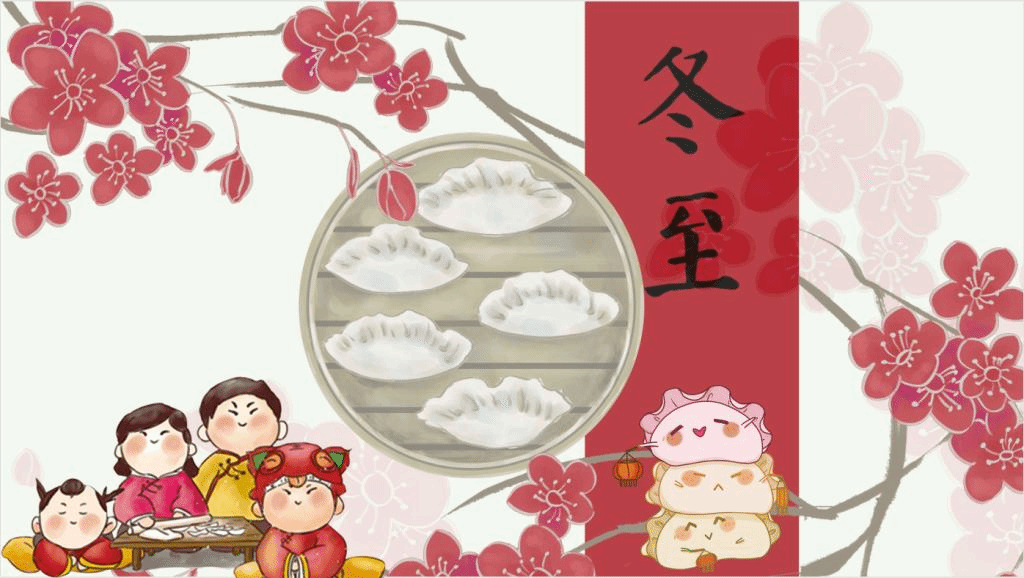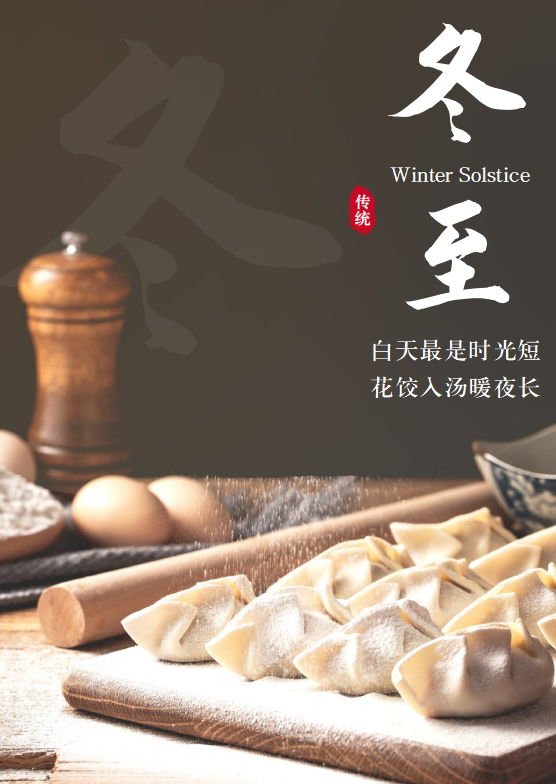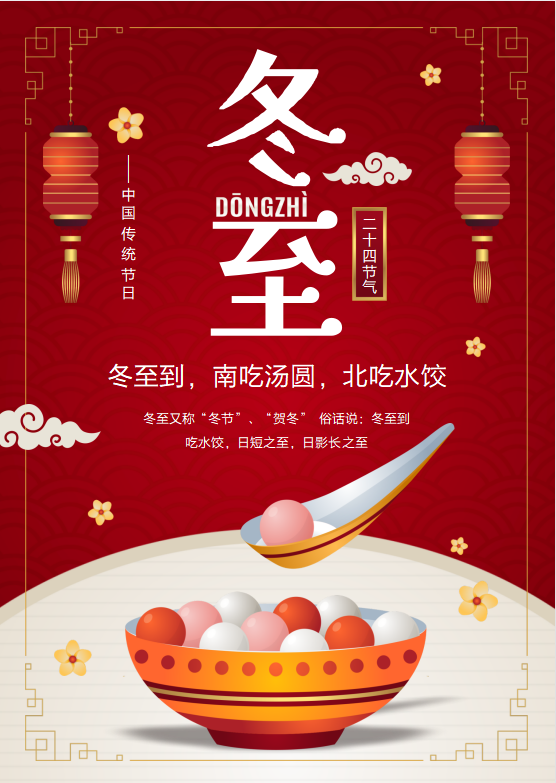Editor's note: The 24 Solar terms are an ancient Chinese calendar used to guide farming. They are the crystallization of the accumulated experience and wisdom of the working people of the Chinese nation. Since ancient China was an agricultural society, people required a strict understanding of the sun’s movement, and farming was conducted entirely according to the sun as well. Therefore, the “24 solar terms”, which reflects the sun’s movement cycle, were added to the calendar as the standard for determining leap months. The 24 solar terms are: Start of Spring, Rain, Awakening of Insects, Spring Equinox, Qingming festival, Grain Rain, Start of Summer, Grain buds, Grain in Ear, Summer Solstice, Minor Heat, Major Heat, Start of Autumn, End of Heat, White Dew, Autumn Equinox, Cold Dew, Frost’s Descent, Start of Winter, Minor Snow, Major Snow, Winter Solstice, Minor Cold and Major Cold. On November 30, 2016, China’s “24 Solar terms” were officially inscribed on UNESCO’s Representative List of intangible Cultural Heritages of Humanity. We have introduced this 24 Solar terms column to bring you a taste of the beauty of traditional Chinese culture.

Winter solstice
Winter solstice, also known as Dongzhi in Chinese, is the 22nd solar term in the Chinese lunar calendar, and it falls on December 22 this year.
The day feature’s the year’s shortest daytime and the longest night. Winter solstice marks the beginning of the coldest 81 days in China, a period known as Shujiu Hantian in Chinese, which can be divided into nine units, each nine days. The number nine in Chinese, which has the same pronunciation as the word “long”, was considered the largest number in ancient China, and was bestowed with the meaning of being “extreme.” “Shujiu Hantian” was thus a way for ancient Chinese people to describe how long and harsh the winter could be.
As the old saying goes, “Dongzhi is as significant as the Spring Festival.” This idea dates back to before the Qin Dynasty (1046 B.C. – 207 B.C.), when the ancient Chinese celebrated the day as the beginning of a new year.
Some ancient Chinese literature divided the winter solstice into three pentads. The first stage is when the earthworms in the soil are still curled up because during that period, Yin is much stronger than Yang. The second period narks when moose feel that Yin is gradually receding and begin to remove their antlers. The third pentad is the water spring movement. After the winter solstice, the direct point of the sun returns to the north, and the sun enters a new cycle. As the sun's height rises and daytime grows day by day, spring water will begin to flow in the mountains and gradually grow warmer.

Dumplings
Dumplings, a favorite food for many Chinese people living in the north, are an indispensable part of the Dongzhi feast. As a proverb says, "In the eleventh month, Winter Solstice comes, and every family eats dumplings.” Eating dumplings as a tradition is said to commemorate Zhang Zhongjing (A.D. 150-219), an eminent Chinese physician who invented dumplings and sent the soup made with dumplings and medicine for free to people who suffered from hunger and illnesses during the winter.

Tangyuan
However, whenever there are dumplings, the “dumplings or tangyuan” debate follows. In the south, instead of dumplings, tangyuan, or glutinous rice dumplings are a must for many families. Traditions can be quite different even for neighboring provinces and cities. Sill, whatever food they prefer, the dishes for the Winter Solstice dinner table must be nutritious, warm and healthy. What’s more, even though worshiping ancestors used to be the most important part of the event, only a few areas in China still maintain that tradition. In Guangdong Province, people still hang up paper in front of their ancestors’ tombs, while in Taiwan, special nine-layer cakes are made as offerings.
As the coldest days arrive, people may easily catch a cold or feel ill. It is recommended that regular schedules should be maintained, and a little bit of exercise won’t hurt either. Keeping yourself warm and defending against cold is necessary. In a nutshelz, spring isn't far away after Dongzhi comes.

